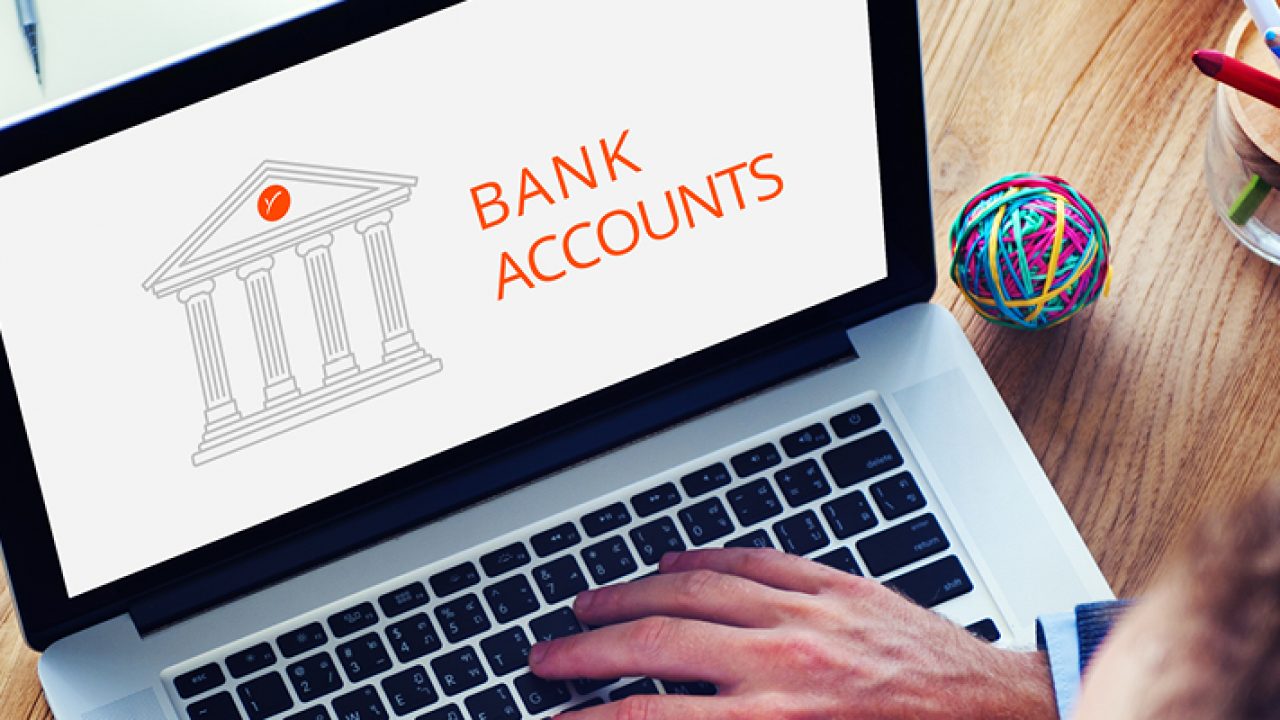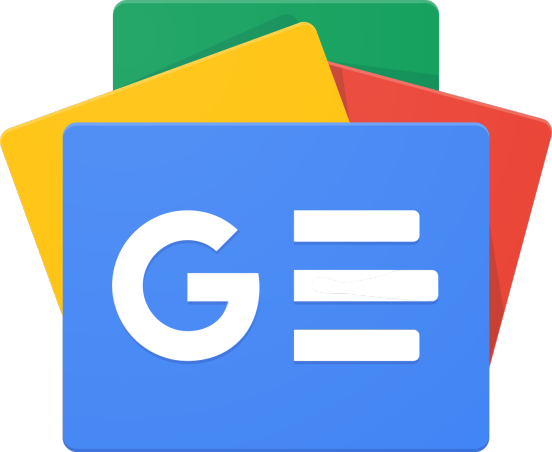If you’re thinking about managing your finances more efficiently, one of the first steps is setting up a bank account. It gives you a secure way to deposit income, pay bills, track spending, and even grow your savings. But before you can get started, there are a few key things you’ll need to know.
This guide outlines the most common requirements and documents you’ll need to provide when applying for a personal or joint account. It also covers considerations for minors, non-citizens, and business owners, so you’re ready no matter your situation.
General Eligibility Requirements
Banks typically follow similar guidelines when deciding who can open an account. At a minimum, applicants should:
- Be at least 18 years old (or have a co-signer if under 18)
- Have a valid government-issued photo ID
- Provide a Social Security number or Individual Taxpayer Identification Number (ITIN)
- Show proof of a current U.S. address
These requirements help banks comply with identity verification laws, reduce fraud, and meet federal banking regulations. While some banks may ask for additional information, these are the main criteria across most financial institutions.
Required Documents
Whether applying online or in person, you’ll be asked to show or upload several documents to verify your identity and address. Common items include:
Valid Photo Identification
Accepted forms include a driver’s license, passport, state-issued ID, or military identification. The name must match the other documents you provide.
Social Security Number or ITIN
You’ll need one of these numbers so the bank can report interest to the IRS and verify your identity. If you’re a non-U.S. citizen, an ITIN can often be used in place of a Social Security number.
Proof of Address
This could be a recent utility bill, lease agreement, credit card statement, or another official document showing your name and residential address. Some banks require the document to be dated within the last 30–60 days.
Initial Deposit
Many accounts require a small deposit to activate. The amount varies by institution, but it’s often between $25 and $100. This can usually be paid by cash, check, or an online transfer from another account.
Applying In Person vs. Online
You can open a bank account either online or by visiting a branch. The process is largely the same, but the experience may differ.
Online applications are typically quicker and more convenient. You’ll fill out a form, upload documents, and fund your new account electronically. However, if you have questions or unique circumstances, opening an account in person might be more helpful. Bank staff can walk you through the process, answer questions, and help you compare account options.
In both cases, the bank will review your application and verify your identity using a system such as ChexSystems, which reports past banking activity. If there are no red flags, your account will usually be approved right away or within a business day.
Accounts for Minors
Minors can’t usually open accounts alone, but a parent or legal guardian can help by opening a joint or custodial account. These accounts are useful for teaching children and teens about saving and spending. The adult will need to provide their own identification and address documents, along with the minor’s information.
Student accounts are another option for high school or college-aged individuals. These accounts often come with lower fees, mobile banking tools, and educational resources to support young account holders.
Can Non-U.S. Citizens Open an Account?
Many banks allow non-citizens to open accounts, although the process may require additional paperwork. Along with your passport, you might need to provide:
- A second form of identification (such as a visa or national ID)
- S. address documentation
- An ITIN (in place of a Social Security number)
Some banks have dedicated programs or multilingual support to help non-citizens navigate the process. It’s a good idea to contact the bank ahead of time to confirm which documents they accept.
What If You’ve Had Issues with Banks in the Past?
If your banking history includes unpaid fees, overdrafts, or closed accounts, it could show up in databases like ChexSystems. This doesn’t affect your credit score but may impact your ability to open certain types of accounts.
Some banks offer “second-chance” accounts for individuals looking to rebuild their banking history. These accounts usually come with higher fees or fewer features, but they can be a stepping stone to a standard account once you’ve shown responsible use.
Starting a Business Account
If you’re a sole proprietor, freelancer, or business owner, opening a separate account is a smart move for managing expenses and keeping personal finances separate. Requirements for business accounts vary depending on your structure but generally include:
- Employer Identification Number (EIN) or Social Security number
- Articles of incorporation or business license
- Operating agreements or partnership documents
- Business name registration, if applicable
- Your personal ID and address information
Some banks may also ask for proof of business activity, such as invoices or contracts. Be prepared to spend extra time gathering documents if your business is newly formed.
Features to Review Before You Open an Account
Choosing the right account isn’t just about paperwork. It’s worth looking at the fees, services, and account tools offered. Important features to compare include:
- Monthly service fees and how to waive them
- ATM network access and any surcharges
- Mobile banking apps and online bill pay
- Interest rates on savings or interest-bearing checking accounts
- Overdraft policies and linked account protection
Some institutions also offer bonus incentives for new customers, like a cash reward for setting up direct deposit. Take time to compare your options, especially if you’re opening a long-term account.
Final Thoughts
Knowing the requirements ahead of time makes it easier to open a bank account with fewer surprises. Most institutions ask for a valid ID, Social Security number or ITIN, proof of address, and sometimes a small deposit. These requirements apply to both online and in-person applications, although the experience may vary.
If you’re under 18, new to the country, or managing a business, there are still options available—you may just need a few extra documents. No matter your background, having a reliable bank account gives you access to tools and services that help you take control of your finances.










